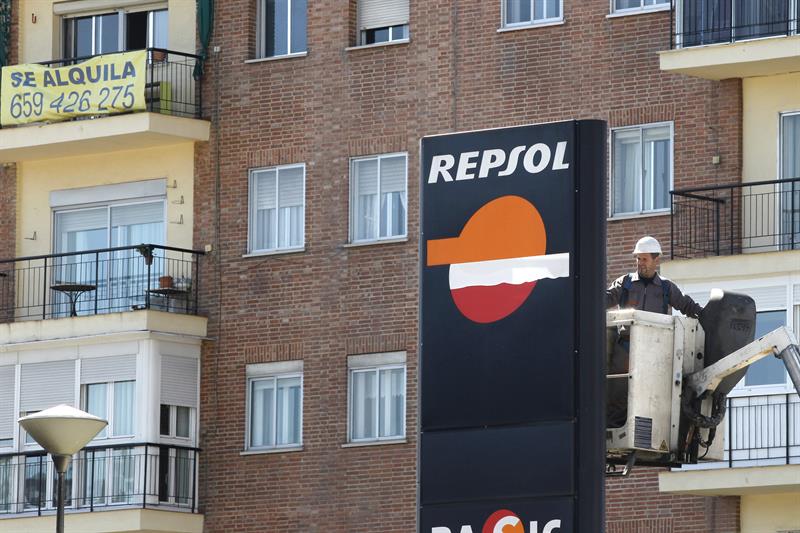Brussels, Nov 23 (EFE). - The Justice of a country can annul the contracts that force to the exclusive supply of Repsol in the gas stations if it considers that they restrict the competition, according to a new ruling published today by the Court of Justice of the European Union (CJEU).
The Luxembourg-based court ruled in this regard in the wake of a Spanish case Some individuals who signed a lease agreement with a petrochemical company for a farm and a service station in exchange for a monthly rent.
In it, the company forced to the gas station to source exclusively from Repsol during the twenty-five years that the contract lasted.
Years later, individuals created the company Gasorba, which assumed the same supply obligations.
In parallel, the European Commission (EC) opened a competition procedure against the Spanish multinational and, after a preliminary analysis, considered "doubtful" the compatibility with EU law of long-term exclusive distribution contracts.
In response, Repsol proposed to the EC commitments as to subscribe to long-term exclusivity agreements or to buy gas stations not supplied by the company for a period of time.
Brussels accepted those commitments and the declared binding.
Following that decision, the individuals and Gasorba filed a claim against Repsol in which they asked to declare the lease null because it was contrary to the European Union (EU) rules and compensation for damages.
The courts dismissed the claims and the matter reached the Supreme Court, which now asks the CJEU if a national court can declare the nullity of the supply agreement under the rules of Community law, when the Commission has previously accepted a series of commitments on that same agreement.
In its ruling, the Court of Justice of the EU notes that a decision of commitments adopted by the EC on certain agreements between The company does not object to national courts examining the conformity of such agreements with competition rules and declaring them null and void.
The CJEU notes that the application of Union law on competition is based on a system of parallel competences within which both the Commission and the competition authorities and bodies National courts may apply Community rules.
The EU court states that the compromise decisions make them binding, but they do not certify the conformity of the practice subject to such concerns with the rules of EU law prohibiting anti-competitive behavior.
In fact, it underlines that the Commission can limit itself to carry out a mere "preliminary analysis" of the situation, without the decision of commitments being pronounced on whether or not the infraction has occurred or if it is still it exists.
Therefore, it can not be excluded that a national court reaches the conclusion that the practice that is the subject of the commitment decision is illegal. EFE
jug / rja / jac
(More information about the European Union at euroefe.euractiv.es)


Comments 0